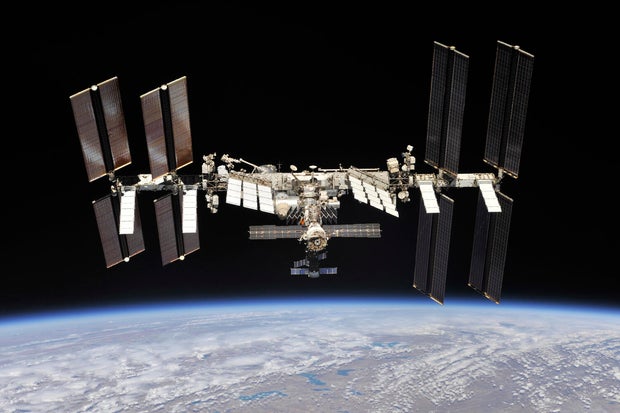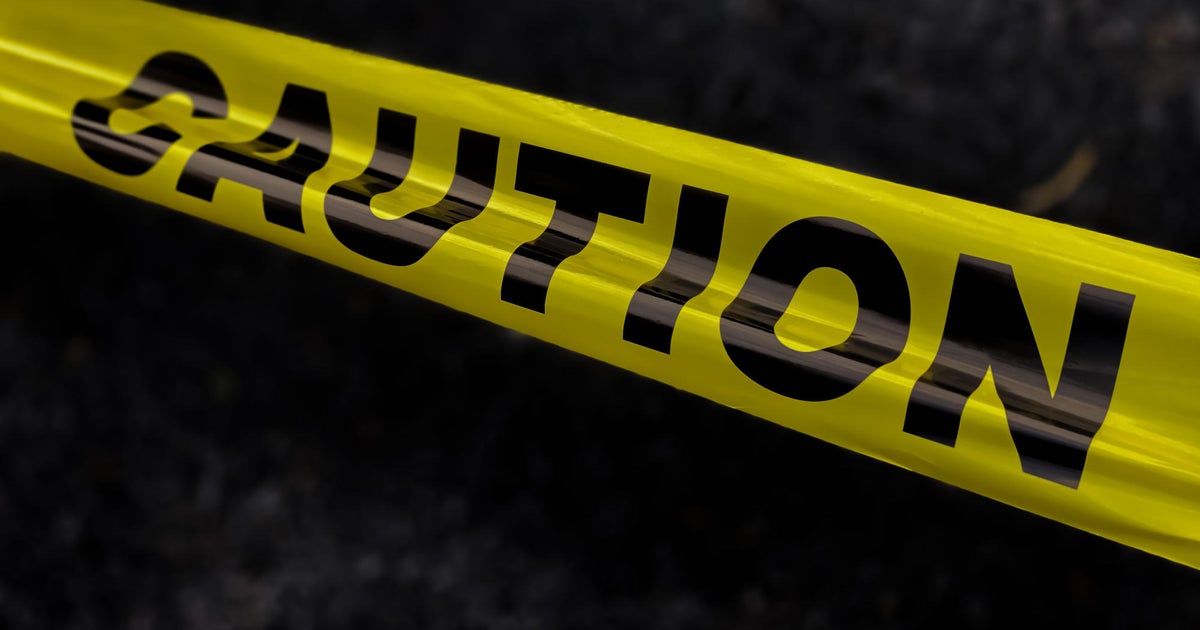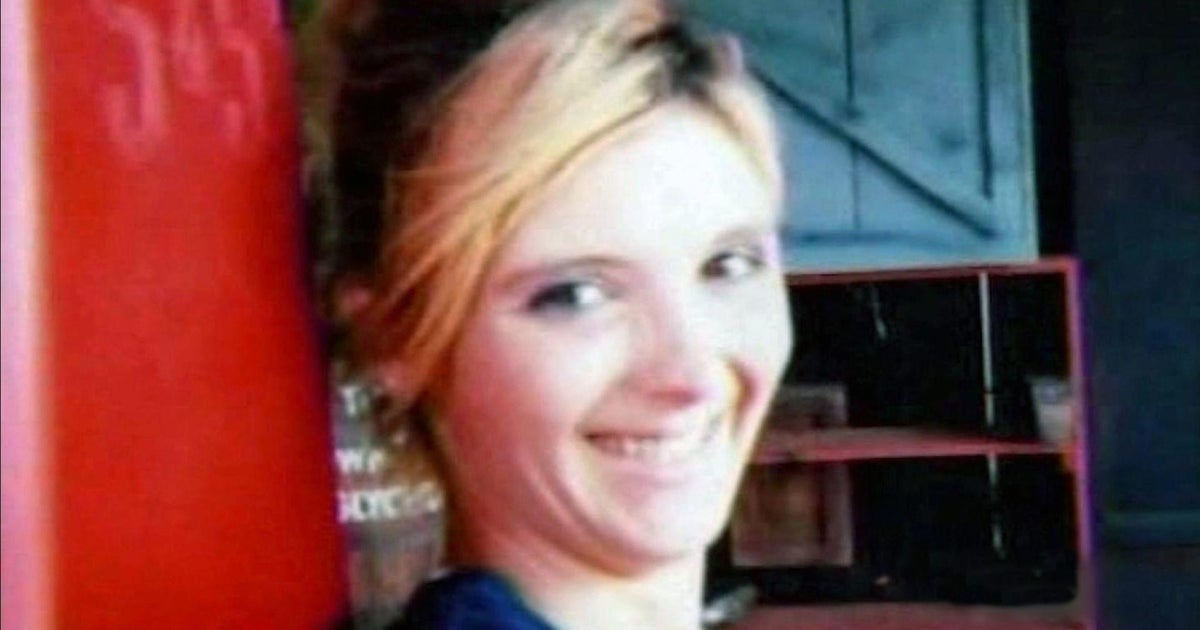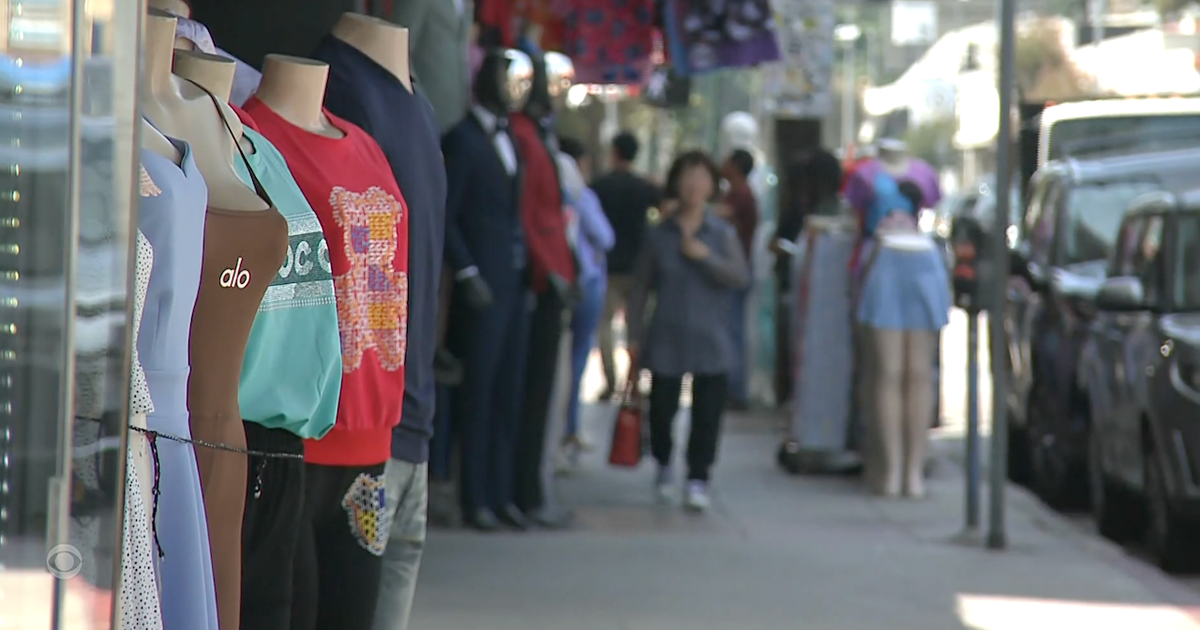NASA is evaluating apparently successful efforts by Russian cosmonauts aboard the International Space Station to seal up small-but-persistent air leaks in a vestibule leading to an aft docking port, the U.S. space agency said Saturday.
Pending additional analysis to verify the initial results, NASA said in a blog post the delayed launch of the privately-funded Axiom-4 research mission to the station could come as early as Thursday.
 The International Space Station.
Roscosmos
The International Space Station.
Roscosmos
The agency did not provide any additional launch details, but based on the space station's orbit and rendezvous requirements, a Thursday takeoff would be targeted for 4:53 a.m. EDT.
If that schedule holds up, commander Peggy Whitson, Indian pilot Shubhanshu Shukla, Polish researcher Sławosz Uznański and Hungarian engineer Tibor Kapu would aim for a docking at the space-facing port of the station's Harmony module around 10:30 a.m. on Friday.
The flight originally was planned for last Tuesday but it was repeatedly delayed, first by high winds in the off-shore emergency splashdown zone and then by troubleshooting to find an oxygen leak in the first stage of the crew's Falcon 9 rocket.
While SpaceX worked to resolve the oxygen propellant leak, NASA managers decided they needed more time to assess recent efforts to stop or minimize air leaks in a Russian vestibule, known as the PrK, that serves as a passageway between the station's Zvezda module and spacecraft docked at its aft port.
The leakage was first noticed in 2019 and up to now, efforts to seal them off have been unsuccessful. But on Friday, Roscosmos, the Russian federal space agency, reported cosmonauts aboard the station had successfully eliminated the leaks in the PrK.
"Following the most recent repair, pressure in the transfer tunnel has been stable," NASA confirmed in a blog post Saturday. "This could indicate the small leaks have been sealed."
The leak rates seen earlier could be related to "a small amount of air flowing into the transfer tunnel across the hatch seal from the main part of the station," NASA said.
"By changing pressure in the transfer tunnel and monitoring over time, teams are evaluating the condition of the transfer tunnel configuration, resulting in an updated launch opportunity for the private astronaut mission."
The flight is the fourth Crew Dragon launch chartered by Houston-based Axiom Space. Throughout the two-week mission, Whitson and her crewmates will carry out a full slate of science research and technology demonstrations, along with interactive educational events in the crew's home countries.
They were trained for space station operations and will have full use of the U.S. segment of the orbital lab.
"We've got a lot of objectives for our mission," Whitson said. "The first, obviously, is realizing the return of these three countries to space, but this will be their first time to go to the International Space Station."
William Harwood




